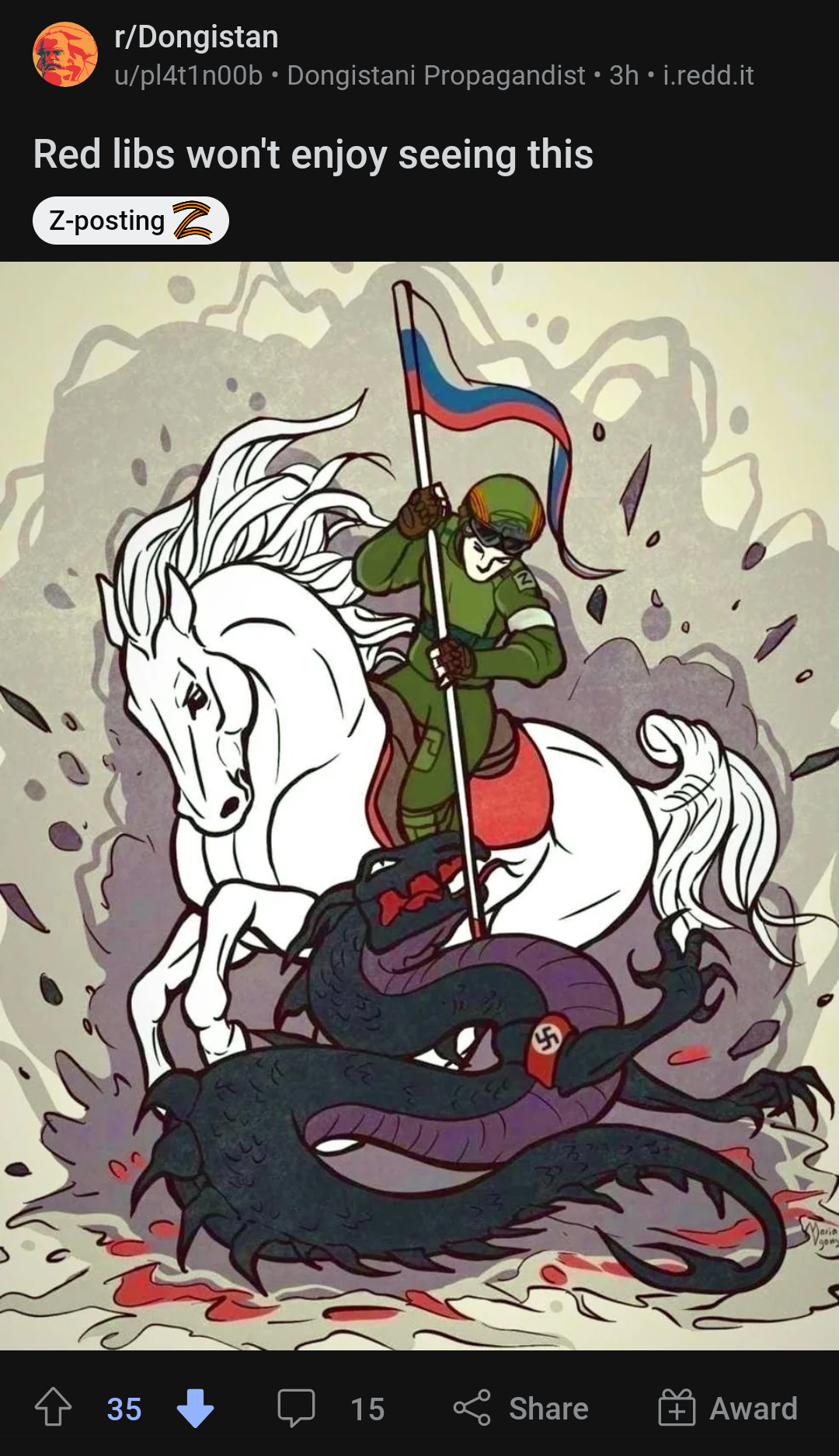Haven't seen it, don't plan to, don't care to tbh.
But having talked to some people about it, this is my takeaway: "Messaging" is simply a new tool of marketing, especially "subversive" messaging. You're not buying a car - you're committing a revolutionary act of activism against climate change and fossil capitalism. You're not buying an ethically farmed, grass-fed, local steak, you're fighting animal cruelty and big farming lobbies with your consumption. You're not simply dressing up skandidly in pink to watch a multi-hundred million dollar Hollywood production of Barbie produced and approved of by its parent company, giving new legitimacy to that old rubber toy franchise and boosting sales numbers. You're totally subverting gender roles and criticizing capitalism by doing so.
Imo you're not. You're just buying a new car, munching another steak and going to the movies again promoting one of the most famous IPs of all time. It's the same thing we've done our entire lives. Changing the messaging around the act without changing the act, doesn't change the act. You're just doing the thing.
There can't be anything really subversive coming out of the hegemonic culture industry. By the very nature of its production, via the commodification it undergoes, it has already become toothless and assimilated. Neoliberal anti-capitalism is just the newest sales-pitch. It's along the lines of "diverse" CIA targeting officer recruitment ads. Just like capitalism can't produce true anti-war movies, it can't produce anti-capitalist or real anti-gender-role movies. It would be self-defeating if it did.
That being said, if you enjoy it more power to you. Nobody needs a grand narrative of subversion and messaging to go see and enjoy a movie at the theater. If you get something deeper out of it, even better.




Because OP literally only asked who's seen it all the answers here are plain yes/no ay?
This "you have to experience something to comment on it" is liberal individualism anyway. I don't have to be a farmer to comment on the impact of climate change on farming or climate change more broadly.
You'd have a point if I had commented on the movie's writing, aesthetic, picture, acting performances, score, etc. But I didn't. I made a general point about the nature of cultural products under capitalism and the laws that govern this movie as much as any other.